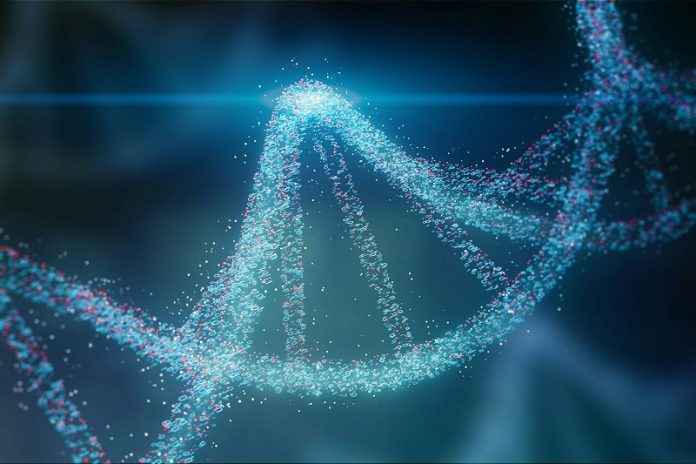
A new study has shown that gene therapy can help children and adults who were born deaf or have severe hearing loss hear again. The treatment was tested on ten patients and showed strong results, with everyone in the study experiencing better hearing.
The research was done by scientists at Karolinska Institutet in Sweden and hospitals in China, and the findings were published in Nature Medicine, a respected medical journal.
For many people with hearing loss, the cause is damage to the ear or exposure to loud noise. But for some, the problem is in their genes. In this study, the patients had a rare genetic condition caused by changes in a gene called OTOF.
This gene is important because it produces a protein called otoferlin, which helps carry sound signals from the ear to the brain. Without this protein, the ear can’t properly send messages to the brain, and a person is unable to hear.
The study included ten people between the ages of one and twenty-four. All had severe hearing loss or were completely deaf since birth. To treat them, doctors used a special method called gene therapy. This method involves sending a healthy copy of the damaged gene into the body to fix the problem.
In this case, doctors used a harmless virus, specially made in a lab, to carry the correct OTOF gene into the patient’s inner ear. The virus was injected into the cochlea, the part of the ear that sends sound signals to the brain, through a small opening called the round window.
The effects of the therapy were quick. Most patients began to hear better within a month. After six months, all ten people showed much better hearing. Before the treatment, they could only hear sounds louder than 106 decibels—which is about as loud as a chainsaw. After the treatment, they could hear sounds at about 52 decibels, similar to a quiet conversation.
Children, especially those aged five to eight, saw the best results. One seven-year-old girl, for example, was able to hear her mother’s voice clearly and have normal conversations just four months after receiving the treatment.
While young patients benefited the most, the treatment also helped older teenagers and young adults, making this the first time gene therapy for hearing loss has shown success in that age group.
Dr. Maoli Duan, one of the lead researchers, called the study “a huge step forward” in the treatment of genetic deafness. He said it could change the lives of many people who have never been able to hear before. He also added that the team will keep monitoring the patients to see how long the hearing improvements last.
The treatment also appeared to be safe. No serious side effects were reported during the follow-up period of six to twelve months. The most common minor issue was a drop in a type of white blood cell called neutrophils, but this did not cause serious health problems.
This study is important not only because of the strong results, but also because it opens the door to treating other kinds of genetic hearing loss. The researchers are now working on therapies for other genes like GJB2 and TMC1, which are responsible for more common types of deafness. These cases are more complex to treat, but early tests in animals show promise.
In summary, this new gene therapy gave real hearing improvements to children and adults who were previously deaf due to a faulty gene. The biggest gains were seen in younger children, but the method worked well for older participants too.
The treatment was safe, and the patients’ lives have already improved in major ways. This study offers hope that more people with inherited hearing loss could receive help in the near future, as researchers work to expand the therapy to more common genetic causes.
If you care about medicine, please read studies that vitamin D could help lower the risk of autoimmune diseases, and drug for inflammation may stop spread of cancer.
For more health information, please see recent studies about which drug can harm your liver most, and results showing this drug can give your immune system a double boost against cancer
The research findings can be found in Nature Medicine.
Copyright © 2025 Knowridge Science Report. All rights reserved.



